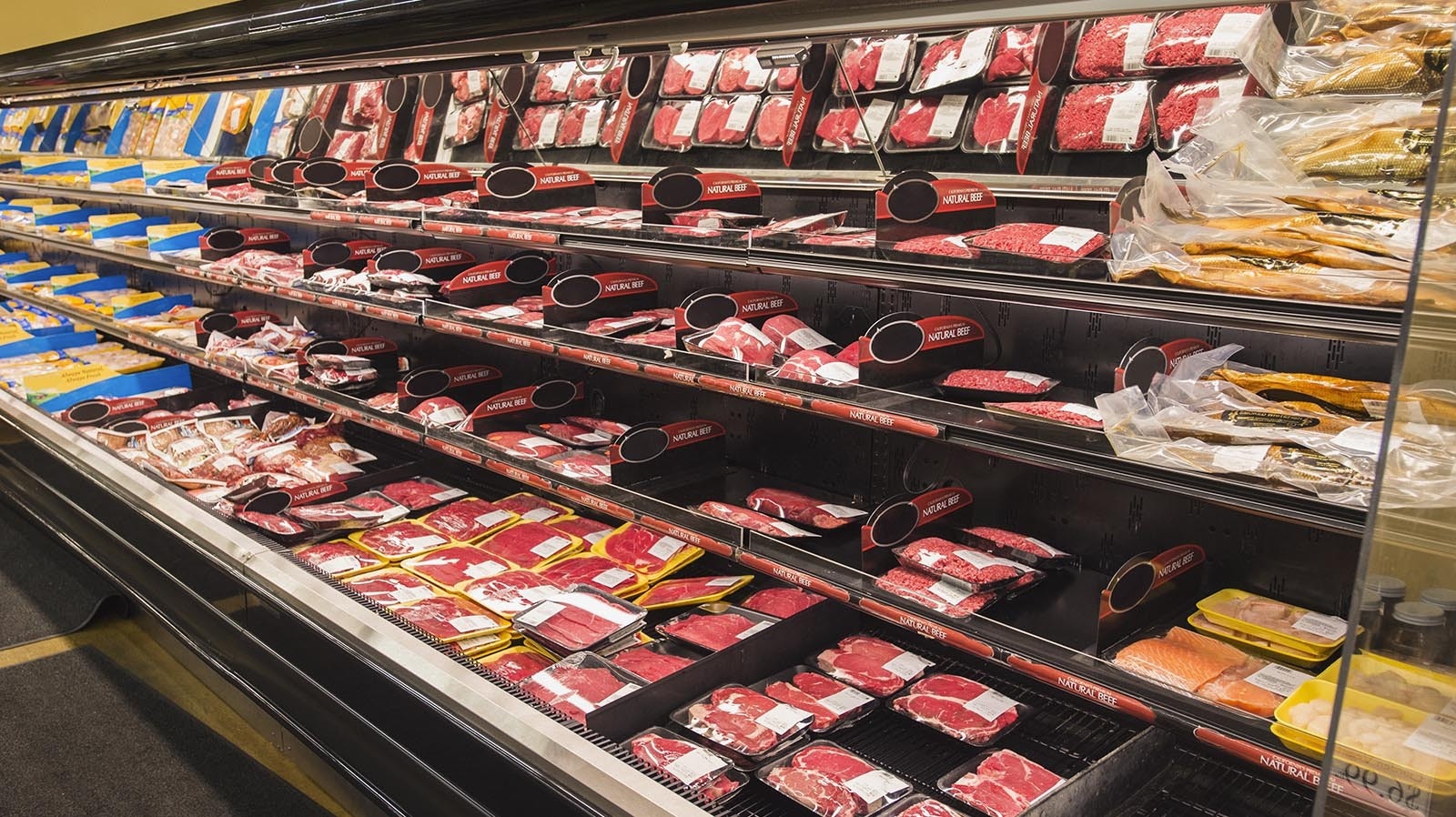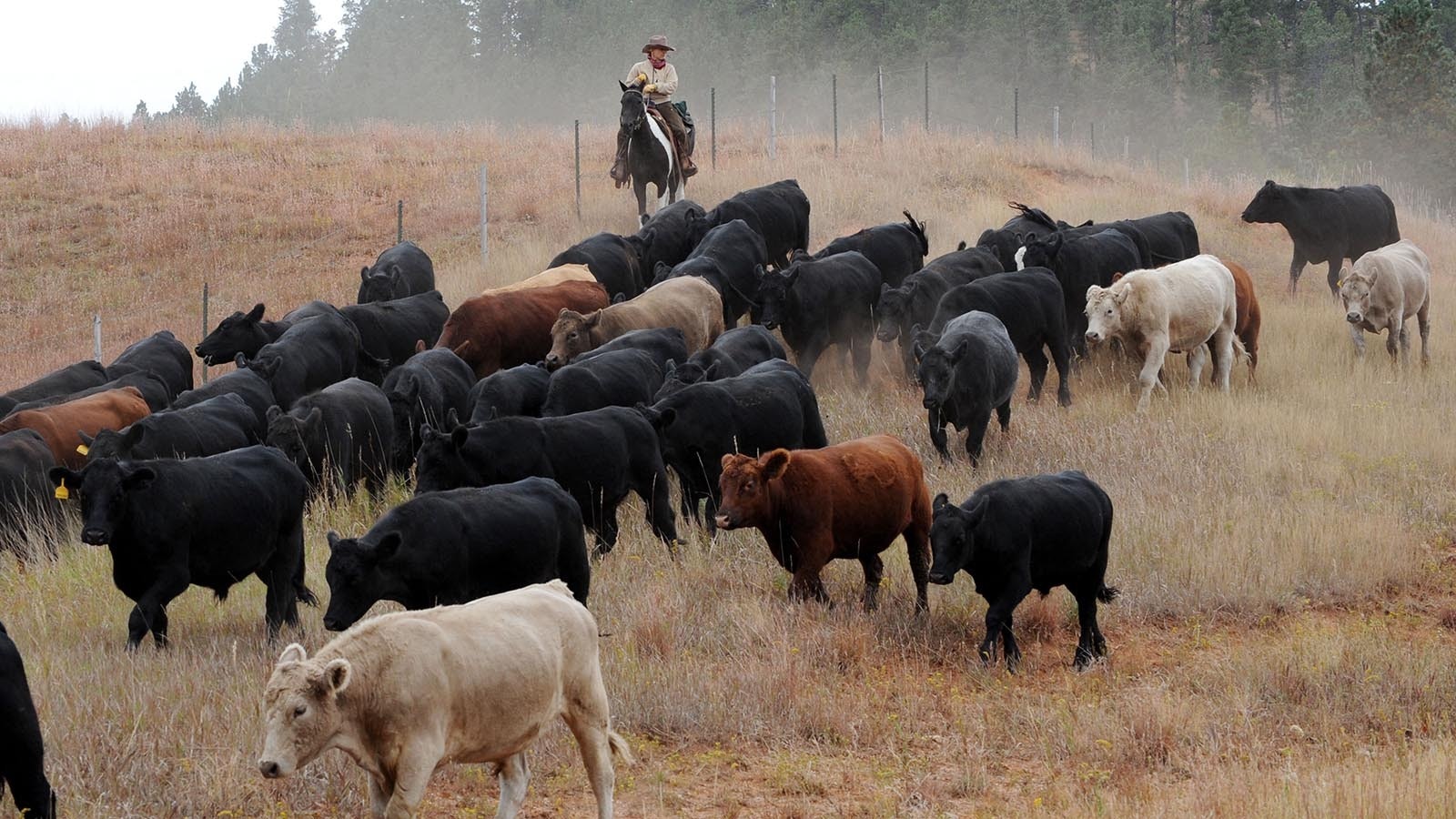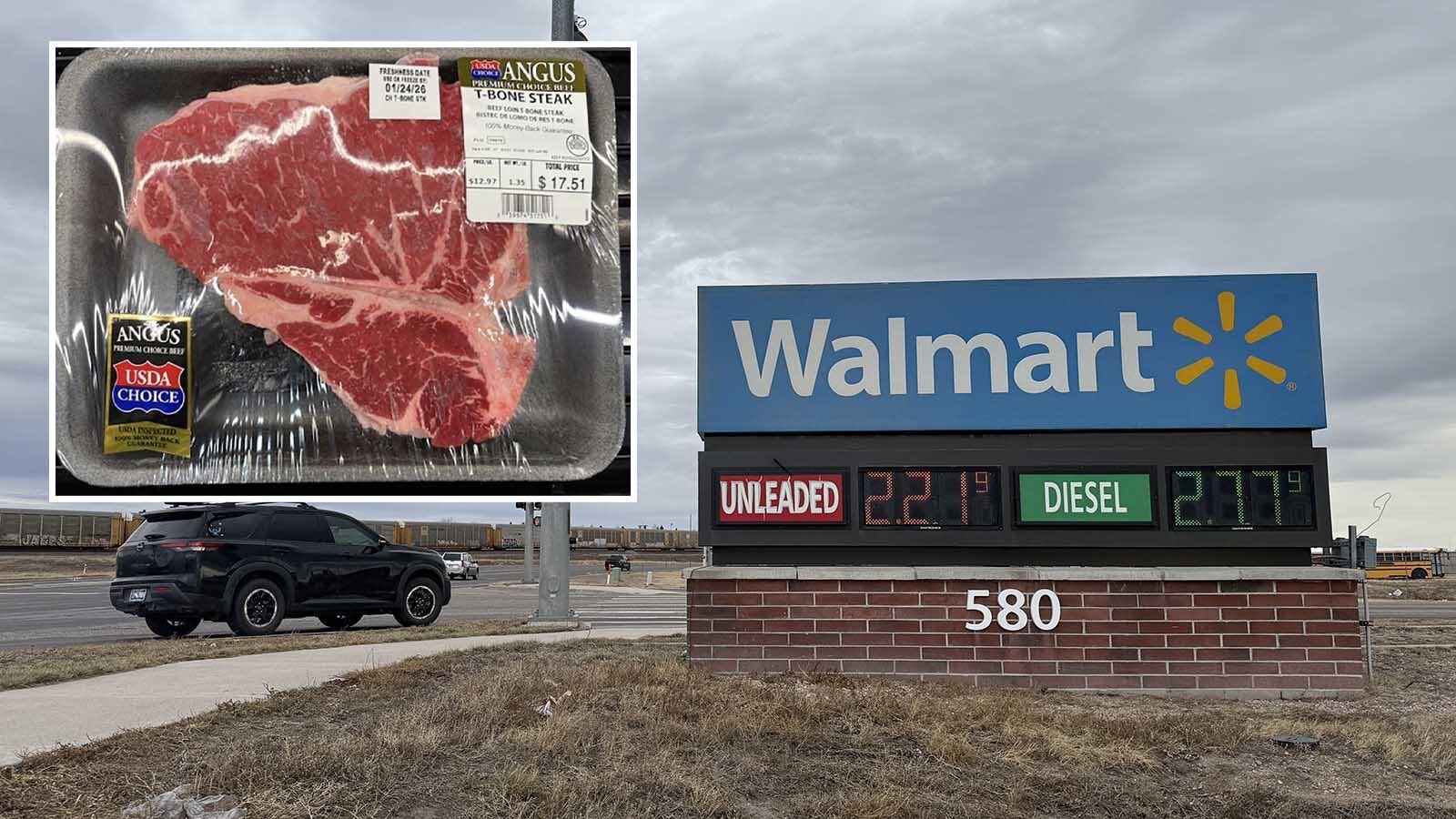Google will soon implement a feature that will let you know how “environmentally friendly” your choice of dinner is.
Herma Budaraju, director of Google Search, discusses in a blog post the new feature that will show the emissions per pound of ingredients in recipes users are searching.
‘Baseless Attack’
Essentially an environmental scorecard for food, the beef and cattle industry are not happy about it, calling the move an attempt at social engineering.
“This is nothing more than just another baseless attack on animal agriculture, and shame on the folks at Google for not using sound science for not even doing their own research — and Googling the beef industry,” said Russell Nemetz, owner and broadcaster of the Western Ag Network.
How It Works
In the post, Budaraju explains that the company wants to help people live more sustainably.
To demonstrate how the feature works, the post shows a search for tofu panang curry recipes. The search produces a warning that the food people eat to live produces a third of the greenhouse gasses, which leads to climate change.
Below that warning is a list of ingredients, with beef showing the highest carbon dioxide emissions per pound. Tofu is highlighted near the bottom of the list with 4% of the emissions of beef.
An Anti-Meat Move
Nemetz said it’s the latest in a string of attacks on the livestock industry, which falls in line with groups like People For The Ethical Treatment of Animals, whose main objective is getting people to stop eating meat.
“There’s a lot of misinformation out there. And a lot of times, folks don’t do their homework,” Nemetz said.
‘Disappointing’
Compared to other industries, Nemetz said the beef industry is a very small contributor to climate change.
According to the EPA, beef cattle represented 2.3% of U.S. greenhouse gas emissions in 2020.
Jim Magagna, president of the Wyoming Stockgrowers Association, said the figures Google is providing are likely not accurate.
“It’s pretty disappointing, but it’s also very misleading, because they’re doing (it) based on some global averages, Magagna said.
Studies have found that people who eliminate meat from their diet have a very small impact on thier individual carbon footprint.
A systematic review of peer-reviewed studies published in Journal of Cleaner Production found that the average person eliminating meat from his or her diet in developed countries cuts emissions by 4.3%.
Food Security And Nutrition
Google’s planned feature caught the attention of national beef organizations like the National Cattlemen’s Beef Association.
“Google is using its billions of dollars of resources to target cattle producers and ignore the science that demonstrates beef’s sustainability and value to the environment,” said NCBA President Don Schiefelbein.
Beef producers in the U.S. have some of the lowest carbon emissions in the world, while contributing to food security, he said.
“Additionally, cattle production protects green space, upcycles grass and forages and provides consumers with a lean protein source packed with essential nutrients,” Schiefelbein said.
Dietary Engineering
Besides guiding its internet searches to encourage people to eat less meat, Google has done the same with its employees.
OneZero reported in 2020 that one of the company’s perks is free food in its cafeterias, and it had been quietly adding more vegetarian options, including breakfast salads, to its offerings.





